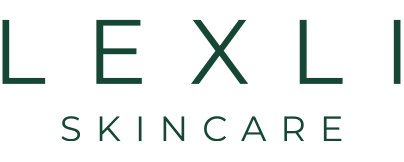
The Definitive Guide to Trans-epidermal Water Loss (TEWL)
Trans-epidermal water loss, or TEWL, is an essential concept to understand when considering skin dryness. Although often overlooked, TEWL is one of the main reasons why moisturizing the skin regularly -...


